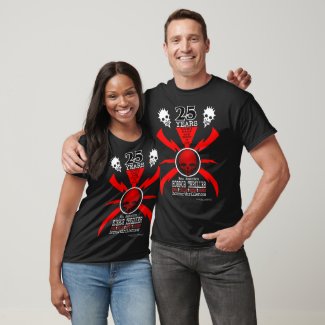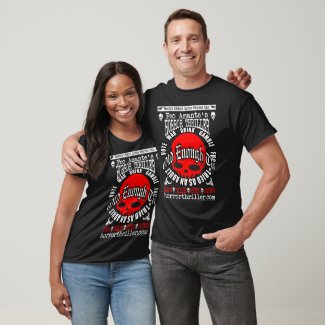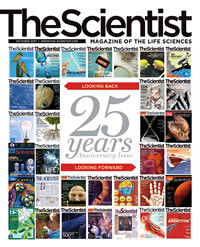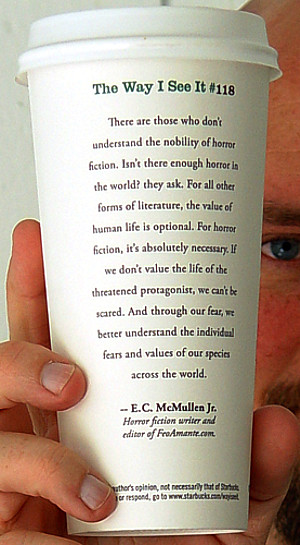| UNFAIR RACIAL |
 |
CLICHE ALERT |
!SPOILERS AHEAD!
102 COINCIDENCES AND COUNTING
URCA:
UNFAIR RACIAL CLICHÉ ALERT
Deadicated to Scatman Crothers
1900 - 1960 - 1970 - 1980 - 1990 - 2000 - 2010
For a complete explanation of what this page is about, please go to the
UNFAIR RACIAL CLICHÉ ALERT
main page.
| HORROR/THRILLER | HOLLYWOOD THRILLER | NON-HOLLYWOOD HORROR |
Be Alert for These Titles of the
1930s
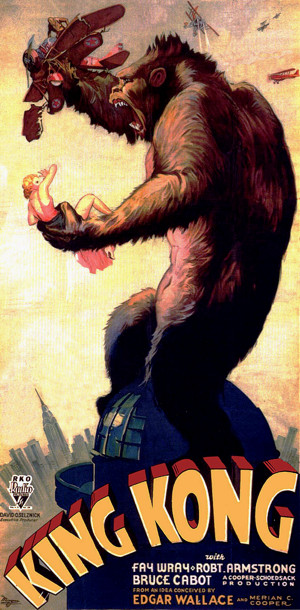
KING KONG - 1933 Would it surprise you to know that KING KONG gets no URCA? In fact, its amazing how, for its time, KING KONG is as tolerant of other folks regardless of skin color. Charlie, the Chinese cook, speaks broken English, but the crew don't look down on him for it and Ann talks to him as an equal. In the movie, his English language skills don't make him an inferior, merely someone who speaks a different language. Until they kidnap Ann and give her to Kong, Carl, the Captain, and the crew are respectful of the Skull Island natives. The lead character, Carl Denham, was based on the co-creator of KING KONG, Merian C. Cooper. Like many world traveling adventurers then (Robert Leroy Ripley, of Ripley's Believe it Or Not fame), Cooper was exactly the type of showman who traveled the world making movies of the unusual and exotic. Not one to be repulsed by differences in nature, Merian was inspired by the wide variety of life and that included people of all races. At about the same time, another showman by the name of P.T. Barnum, of Barnum and Bailey's Circus, had gone on record as saying that, of all the people in the world, he loved his freaks the best. Legend has it that, after the show would close for the night, Barnum would hang out and play cards with his various sideshow freaks. The social bravery of these three men, who were larger than life, were both products of their time and ahead of their time. They were known world wide and were the types of influential people who not only influenced with KING KONG, but modern stories of fictional adventurers from this period including Indiana Jones. KING KONG creators Merian C. Cooper and Edgar Wallace (the latter of whom died before the completion of the movie) went into uncertain circumstances with a camera and the hope of new friendships, not some pathetic posturing of a "Great White Father" or "Great White Hunter" (the nomenclature of the period) standing behind a group of hired thugs and an elephant gun. As of 2005, no Hollywood KING KONG remake was as racially accepting, diverse, and tolerant as the original. |
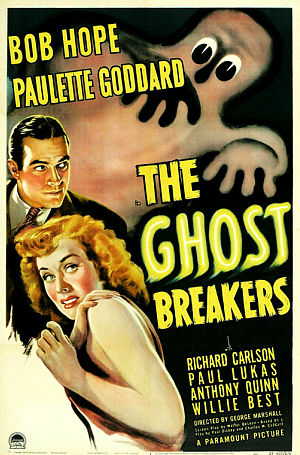
THE GHOST BREAKERS - 1940 Bob Hope, as Lawrence Lawrence Lawrence, has a hired manservant who is also a black man. It's repeatedly made clear throughout the movie that Alex (Willie Best: THE MONSTER WALKS, MUMMY'S BOYS, WHO KILLED AUNT MAGGIE?, A-HAUNTING WE WILL GO, THE HIDDEN HAND, THE MONSTER AND THE APE, THE RED DRAGON [1945], THE FACE OF MARBLE), is a hired hand to LLL and when the ghosts start flying he doesn't get paid enough to deal with them. But he stays anyway because, despite him being on a salary, Alex is the closest to a friend that Lawrence has. Some may die but Alex doesn't, he's not even wounded. |

|
| DRESS NICE | |
| FEO AMANTE'S HORROR THRILLER Created by: E.C.MULLEN JR. |
| COME FOLLOW ME @ Amazon |
| ECMJr |
| Feo Blog |
| IMDb |
| Stage32 |
| YouTube |
| Zazzle Shop |
| HOW OTHERS SEE IT |
| 2022 "And for Ralph, who has quietly and steadily built a 45-year career in an industry not always welcoming of her skin tone, taking up space has deep personal resonance." Sheryl Lee Ralph put in the time and the work. Hollywood is finally taking notice |
| 2021 "Industry professionals like the one I pitched above don't think of themselves as ableist." How Hollywood Reacts to My Disability - And Why it Matters For You |
| 2020 UCLA: Does Hollywood STILL hire based on race? 2020 Hollywood Diversity Report: A different story behind the scenes |
| 2006 Does Hollywood hire based on race? LA Daily News article. Study: Whites Get Majority Of Acting Jobs |
| From The Independent in the UK Gay Rights And Wrongs: Hollywood's Biggest Taboo. |
THE |
| 1930 |
| 1960 |
| 1970 |
| 1980 |
| 1990 |
| 2000 |
| 2010 |
| THE RACIAL RESPONSE |
| RESPONSE 2007 |
| RESPONSE 2006 |
| RESPONSE 2005 |
| RESPONSE 2004 |
